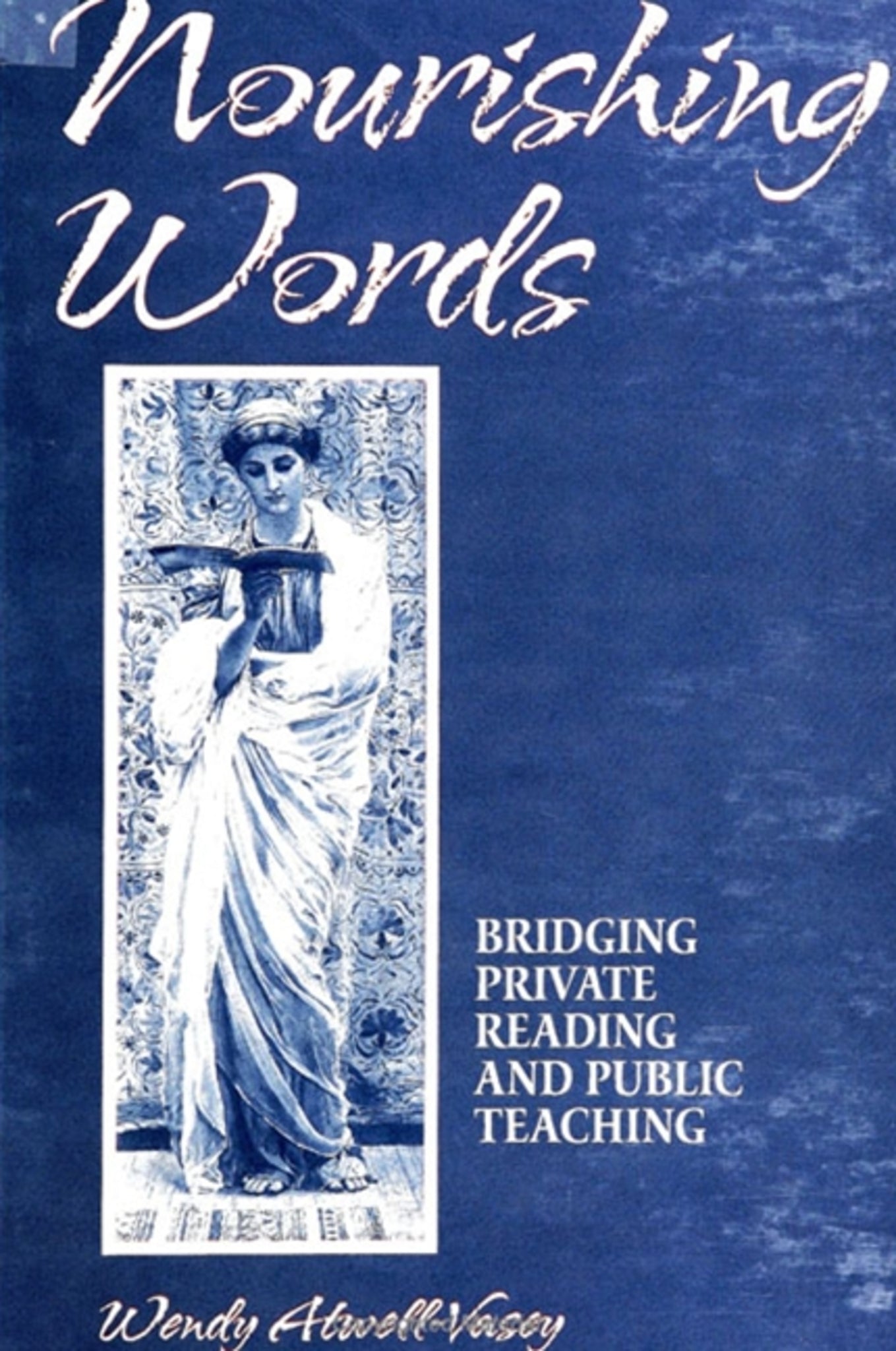We're sorry. An error has occurred
Please cancel or retry.
Nourishing Words

Some error occured while loading the Quick View. Please close the Quick View and try reloading the page.
Couldn't load pickup availability
- Format:
-
23 April 1998

Exploring the very human and moving autobiographies of teachers, and the promising insights of feminist and critical reading theory, this book asks how we can oppose the alienation and distancing that so often characterize curriculum in schools.
By exploring the very human and moving autobiographies of teachers, and the promising insights of feminist and critical reading theory, Atwell-Vasey asks how we can oppose the alienation and distancing that so often characterize curriculum in schools. She links the hopes and concerns of teachers with curriculum forms that reverberate with the drive, love and conflict, characteristic of the rich experiences of life. These curriculum forms include theater work, intense negotiation and trust among readers, and projects that ask students to use texts to pursue and reconceptualize unresolved issues and social obligations in the real world.


"The theme and title of Nourishing Words cut across life and the various areas of the curriculum. Although the focus is on language arts, much of the book has relevance for schooling, parenting, and community building.
"The book is generative, inviting thinking, creating, conversing, and transforming. The author writes in a manner that exemplifies the theory she is espousing. The reader gets the feeling that the author knows her subject and 'practices what she preaches.' The author has developed a compelling and fresh theory." — Louise M. Berman, coauthor of Toward Curriculum for Being: Voices of Educators
"Its well-theorized issues are carefully laid out and thoughtfully argued, and selections from teachers' narratives add richness and texture. Atwell-Vasey dives deeply to bring forth a gem." — Diane Brunner, author of Inquiry and Reflection: Framing Narrative Practice in Education
Foreword
Acknowledgments
Introduction: Relationships among Lannguage Arts, Autobiography, and Feminism
PART I: Understanding a Living Matrix of Words and Experience
1. The Conflict between Private Reading and Public Reading
2. Objectivity as a Retreat from Material Life
3. An Overview of Maternal Legacies: The Body-Knower, Intersubjectivity, and Attraction to the Wider World
PART II: Exploring Maternal Legacies and Pedagogies
4. Restoring Gesture and the Body-Knower to Language Arts
5. Reading and Writing Intersubjectively: Beyond Mastery and Rules
6. The Teacher: An Agent of Love and Enterprise
PART III: Regenerating the Curriculum
7. Philip: A Thinking Reader is a Feeling Reader
8. Jane: From Privacy to Community
9. April: Taking on the World from School
Parting Words
APPENDICES: The Teachers Autobiographies
Appendix A: Philip's Autobiographical Writing
Appendix B: Jane's Autobiographical Writing
Appendix C: April's Autobiographical Writing
Notes
Bibliography
Index



